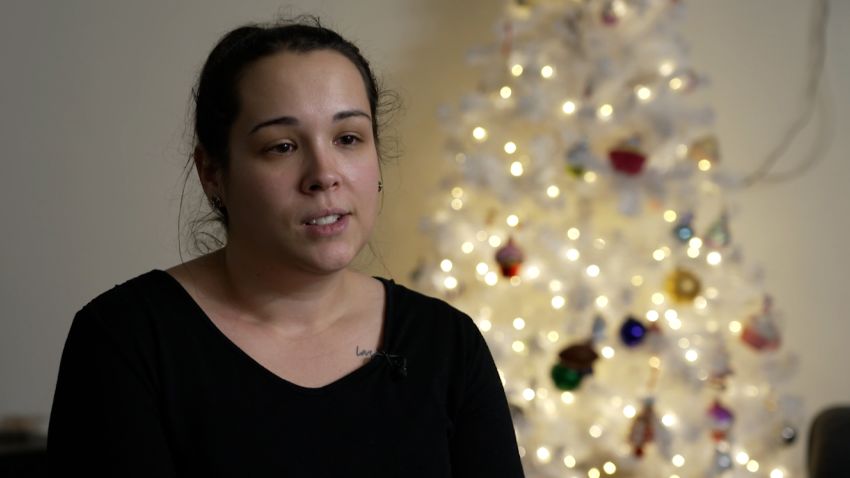Black Friday may have been back in fashion this year, but the strong turnout at the start of the holiday shopping season last month wasn’t enough to counter a broader consumer pullback in spending.
US retail sales fell sharply at the start of the holiday shopping season, dropping by 0.6% during the month of November, according to data released Thursday by the Commerce Department.
Pullbacks in auto sales helped drive the decline — the largest monthly decrease seen all year — but even excluding autos, monthly sales declined by 0.2%, despite cooling inflation.
Economists had expected monthly sales to shrink by 0.1%, down from October’s 1.3% increase, according to consensus estimates on Refinitiv.
Retail sales, which are not adjusted for inflation, were up 6.5% in November from the year prior, according to the report. That’s the slowest year-over-year retail sales growth since 2020, said Ted Rossman, senior industry analyst for Bankrate.
“There’s not a lot of strength in this report,” he said in a statement. “Nine of 13 categories fell on a month-over-month basis, and big-ticket purchases look especially shaky.”
Some of the largest monthly declines were in furniture (down 2.6%), building materials (down 2.5%) and motor vehicles and parts (down 2.3%), according to the Commerce Department report.
October’s retail sales report showing a surprise monthly increase of 1.3% and annual gains of 8.3% likely was the result of delayed spending as supply constraints eased, especially considering November’s report showing muted sales in holiday-related spending categories, said Scott Baker, an associate professor of finance at Northwestern University’s Kellogg School of Management.
Bigger discounts on the way?
Consumer spending has persisted despite inflation, rising interest rates and fears of a recession. A strong labor market combined with continued post-pandemic pent-up demand, falling energy prices and smoother supply chains have helped keep the cash registers ringing.
However, there are signs that could be shifting as the Federal Reserve’s unprecedented streak of seven consecutive interest rate hikes to tackle inflation are slowing areas of the economy.
“It’s resilient to a point,” Matt Kramer, KPMG’s consumer and retail national sector leader, told CNN. “The constant drumbeat of a challenging economy, macroeconomic conditions, and things that keep coming at [consumers], does have an effect over time.”
Americans have to spend on essentials, and when those remain stubbornly expensive — grocery prices are still considerably higher than the overall rate of inflation — people will pull back on other areas, he said. And this holiday season, that means consumers appear to be spending less and buying presents for fewer people, he said.
“They’re not widening that group of people they’re going to buy for, and that certainly has an impact on the overall [retail sales] number,” he said.
Thursday’s data — and the holiday shopping activity to date -— could result in consumers being greeted with bigger discounts during the final 10 days of the season, he added.
Retailers have so far been hit with the double whammy of higher input costs due to inflation as well as rising risks of ending the season with too much inventory due to smoother supply chains.
“You’re seeing a bit of a cat-and-mouse game, and there’s some surgical [price] cuts; but I think these last 10 days it’s going to be very interesting because that inventory overhang is almost a bigger over-arching risk,” Kramer said. “And they do want to keep their loyal customers, they want to excite them and keep them coming back.”
Whether the consumer will have enough dry powder left also remains to be seen, said Northwestern’s Baker.
“There’s been this huge amount of pent-up demand and pent-up balance sheet strength that has been starting to unwind, but I think nobody’s quite sure when that’s going to end … and if that residual cash will carry through Christmas,” he said.
That increases the risks of the Fed overshooting on its efforts to bring down inflation, he added.
“And then consumers get tapped out at the same time that rates are going up a lot,” he said. “Credit card rates going up could cause more of a contraction, but hopefully [the Fed] gets a nice feather landing.”







